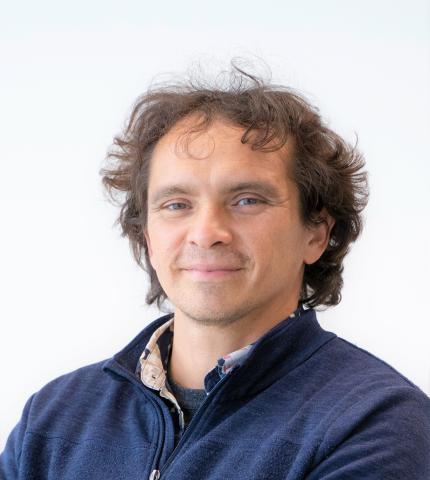Primary supervisor
Roberto Martinez-MaldonadoCo-supervisors
Research area
Agents and Decision-MakingThis scholarship will provide a stipend allowance of $29,000 AUD per annum for up to 3.5 years, plus $4,000 travel allowance. If you are currently in Australia you are strongly encouraged to apply. If successful, you will join Dr. Roberto-Martinez Maldonado, Prof. Dragan Gasevic, and a strong team of academics, researchers and other students at the Centre of Learning Analytics at Monash University, Melbourne.
We are seeking PhD candidates interested in developing methods to assist the formative assessment and improvement of collocated teamwork, by making multimodal activity traces visible and available for computational analysis. This learning analytics project will be conducted in the context of simulation-based healthcare education, and it will support the development of effective strategies to improve teamwork and communication skills in healthcare.
You will use sensor-technology to capture multimodal ‘trace’ data including gestures, speech, workspace spatial layout and manual handling of objects. You will then link these with high-order constructs related to high-performance teamwork, such as effective communication, coordination and leadership. This will assist the assessment and improvement of collocated teamwork, that is, work conducted where team members share the same physical space.
Depending on the trajectory that you take, examples of the research goals that such a project could investigate include:
1. Identify a novel co-design methodology along with the structural templates that could be used to drive the further design process of collocated teamwork analytics with critical educational stakeholders.
2. Propose and evaluate a methodology to map out multimodal sensor data into higher-order constructs to enable for measurement of relevant learning qualities of skills and progression of learners as they develop.
3. Develop and evaluate a presentation paradigm to enable non-data science savvy users to get actionable insights into the findings obtained through the measurement framework introduced above.
Required knowledge
Skills and dispositions required:
- A Masters degree, Honours distinction or equivalent with at least above-average grades in computer science, mathematics, statistics, or equivalent
- Analytical, creative and innovative approach to solving problems
- Strong interest in designing and conducting quantitative, qualitative or mixed-method studies
- Strong programming skills in at least one relevant language (e.g. C/C++, .NET, Java, Python, R, etc.)
- Experience with data mining, data analytics or business intelligence tools (e.g. Weka, ProM, RapidMiner). Visualisation tools are a bonus
It is advantageous if you can evidence:
- Experience in designing and conducting quantitative, qualitative or mixed-method studies
- Familiarity with educational theory, instructional design, learning sciences or human-computer interaction/CSCW
- Peer-reviewed publications
- A digital scholarship profile
- Design of user-centred software
